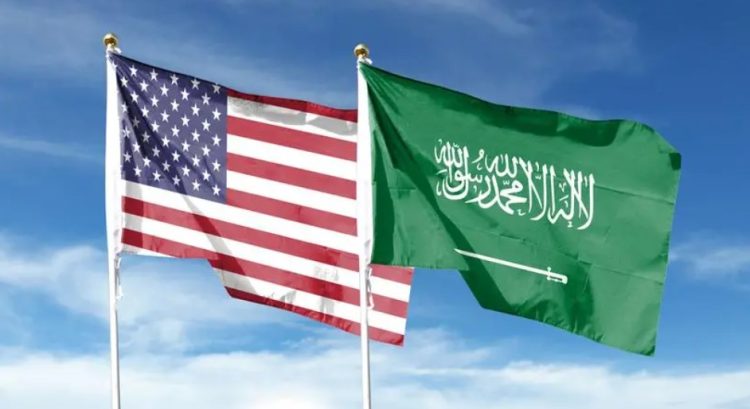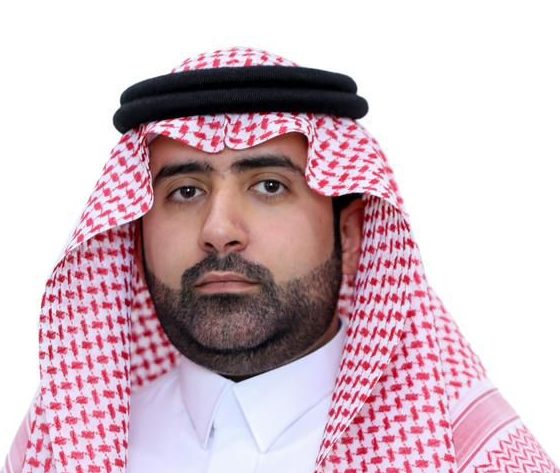© 2020 All rights reserved to Maaal Newspaper
Publisher: Maaal International Media Company
License: 465734
Saudi-American Trade and Investment Forum Meets
The eighth session of the Saudi-American Trade and Investment Framework Agreement (TIFA) was held in Washington on Friday.
The session was co-chaired by General Authority of Foreign Trade Deputy Governor for International Relations Abdulaziz Al-Sakran and Assistant United States Trade Representative for Europe and the Middle East Bryant Trick. Representatives of the public and private sectors in the two countries participated.
The meeting discussed various topics, including ways to enhance bilateral trade and remove obstacles, discuss trade policies, and revise technical regulations for international trade; procedures for applying sanitary and phytosanitary measures in agricultural, food, and pharmaceutical products; intellectual-property (IP) rights, policies, and legislation; e-commerce; and trade cooperation.
A roundtable meeting was held with the Saudi and U.S. private sectors on the sidelines of the council’s session, discussing ways to enhance bilateral trade; investment in the Kingdom’s key sectors; challenges and obstacles facing the private sector in trade and investment; partnerships between small and medium enterprises (SMEs); cooperation in innovation, technology and localization; and commercial and investment opportunities in the Green Saudi Arabia and Green Middle East initiatives, among other topics.
The Saudi delegation participated in a workshop entitled, “Trade Opportunities in the Middle East and the United States,” which was attended by U.S. ambassadors to the Gulf countries, and in the opening session at the U.S. Investment Summit (Select USA), headed by U.S. Secretary of Commerce Gina Raimondo.
The Saudi delegation comprised representatives from the Ministry of Commerce, the Ministry of Energy, the Ministry of Investment, the Ministry of Education, the Ministry of Tourism, the Ministry of Economy and Planning, the Ministry of Communications and Information Technology, the Ministry of Industry and Mineral Resources, the Ministry of Human Resources and Social Development, the Ministry of Environment, Water and Agriculture, and other government institutions and the private sector.






